Sphynx Cat Allergies: Myths and Facts
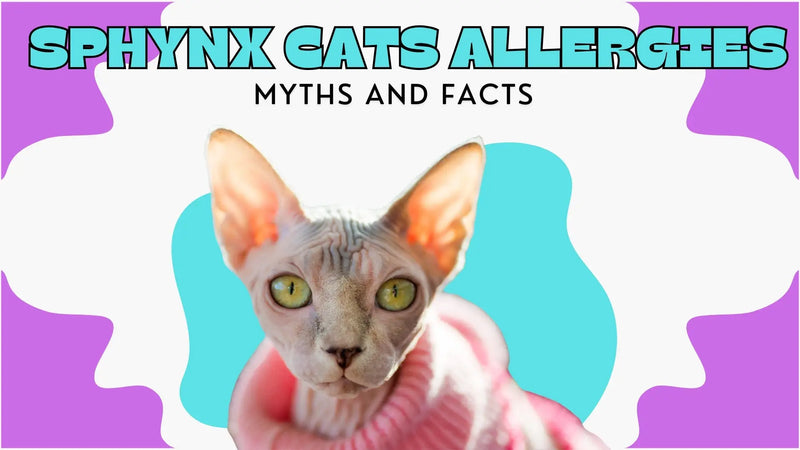
Sphynx cats, with their distinct hairless bodies, are often viewed as the go-to breed for those allergic to cats. Their lack of fur leads many to assume they’re hypoallergenic, but the truth is a bit more complicated. Are Sphynx Cats Truly Hypoallergenic? Explore more and discover the truth if Sphynx Cats are truly hypoallergenic.
In this blog, we'll tackle some of the common myths surrounding Sphynx cat allergies and provide accurate, helpful information for potential owners. If you’re considering welcoming one of these charming felines into your home, this article will help you understand what to expect in terms of allergies and how to manage them effectively.
The Hypoallergenic Myth: What You Should Know About Sphynx Cats
Myth 1: Sphynx Cats Are Hypoallergenic
The idea that Sphynx cats are completely hypoallergenic is one of the most common misconceptions. Sure, their lack of fur might make it seem like they wouldn’t trigger allergies, but that’s not the whole story.
Fact 1: Sphynx Cats Still Produce Allergens
Sphynx cats, like all cats, produce allergenic proteins. These proteins are found in their skin oils, saliva, and even urine. While they don’t shed fur, which is often a carrier of these proteins, the allergens still exist on their skin. So while you may experience fewer allergic reactions compared to other breeds, the Sphynx cat isn’t entirely allergen-free.
The Real Culprit: It’s Not the Hair
Myth 2: Allergies Are Caused by Cat Hair
Many people assume it’s cat hair that causes allergic reactions. Since Sphynx cats are hairless, it’s logical to think they won’t cause allergies. However, fur isn’t the primary culprit when it comes to allergic reactions.
But do Sphynx Cats really do not grow hair? Can Sphynx Cats Really Grow Hair?: Unlocking the Mystery unravel the mystery here with the use of our guide.
Fact 2: Allergens Come From Skin and Saliva
It’s actually the proteins found on a cat’s skin, saliva, and dander that cause allergies. While a cat’s fur can carry and spread these allergens around your home, Sphynx cats still produce them. This means that even without fur, they can trigger allergic reactions in sensitive individuals. Their bare skin can actually produce more oil, which can carry the allergenic proteins and cause reactions in some people.
Recognizing Allergic Reactions to Sphynx Cats
Myth 3: Allergic Reactions Only Cause Sneezing and Watery Eyes
When people think of cat allergies, they often picture mild symptoms like sneezing or itchy eyes. However, allergic reactions can range widely in severity.
Fact 3: Reactions Can Vary
For some, a reaction to a Sphynx cat might be limited to sneezing or watery eyes. Others might experience more severe symptoms like skin rashes, itching, or even difficulty breathing. Everyone’s sensitivity to allergens is different, so it’s important to observe your body’s response if you spend time around a Sphynx cat.
Bathing Your Sphynx: Does It Really Help?
Myth 4: Regular Bathing Eliminates Allergens
Some owners believe that giving their Sphynx frequent baths will solve the allergy problem. While bathing can help, it’s not a complete solution.
Fact 4: Bathing Helps, But It’s Not a Cure
Bathing your Sphynx regularly can temporarily reduce the number of allergens on their skin, but it won’t eliminate them completely. Sphynx cats still produce oils that contain allergenic proteins, and these oils will accumulate again between baths. It’s also important to be gentle when bathing to avoid drying out their sensitive skin.
Living with a Sphynx Cat: Managing Allergies Effectively
Myth 5: Medication is the Only Option for Managing Cat Allergies
If you're allergic to cats but still want to own a Sphynx, you might think the only option is to rely on allergy medications. However, there are many other strategies to help manage allergies.
Fact 5: Allergen Management Techniques Can Help
While medications like antihistamines can help reduce symptoms, adopting allergen minimization strategies can make a big difference. Using air purifiers, keeping your home clean, and regularly wiping down your Sphynx’s skin can significantly reduce allergen levels in your living space. Additionally, designating cat-free areas, like your bedroom, can help limit exposure to allergens while you sleep.
Final Thoughts: Should You Bring Home a Sphynx Cat if You Have Allergies?
Sphynx cats make unique, lovable companions, but it’s essential to understand their allergy implications before bringing one home. While their hairless bodies may reduce some allergens, they are not completely hypoallergenic. By dispelling these common myths and implementing practical allergen reduction strategies, it’s possible to enjoy the companionship of a Sphynx cat, even if you have mild to moderate allergies.
Debunk these common myths with the use of our article, Debunking Myths About Sphynx Kittens: 5 Common Misconceptions Cleared Up!, and know the truth behind those myths.
FAQs: Sphynx Cats and Allergies
Q1: Can I completely eliminate allergies to Sphynx cats?
It’s unlikely that you can eliminate allergies altogether, but with proper management techniques like frequent cleaning and the use of air purifiers, you can significantly reduce allergic reactions.
Q2: Are there cat breeds that are truly hypoallergenic?
No breed is entirely hypoallergenic, but some, like the Siberian and Balinese, tend to produce fewer allergens than others.
Q3: How often should I bathe my Sphynx cat to reduce allergens?
Bathing your Sphynx once every two weeks is generally recommended. This can help reduce the buildup of oils and allergens on their skin.
Q4: Can children with allergies safely live with a Sphynx cat?
It’s a good idea to have children spend time with a Sphynx cat before bringing one home to see how severe their allergic reactions are.
Q5: Are there any alternative cat breeds for people with allergies?
Some alternatives to consider are the Devon Rex and Cornish Rex, which are known for producing fewer allergens than other breeds.
By understanding the reality of Sphynx cat allergies and debunking common myths, potential owners can make informed decisions about whether this breed is right for them. While managing allergies can be challenging, it’s entirely possible to live harmoniously with these fascinating felines. For more tips on caring for your Sphynx cat, including diet and health advice, check out our latest article: Feeding Your Sphynx Cat: Diet and Nutrition Tips!
If you want to know more about this amazing and beautiful felines, Contact Us. We'll be more than happy to serve you. Also, if you think this is your time to start and embark on a new journey, do not hesitate to visit and Check Our Available Hairless Sphynx Cats for Sale and learn our Adoption Process to start. We will help you find your 'purr-fect' match!

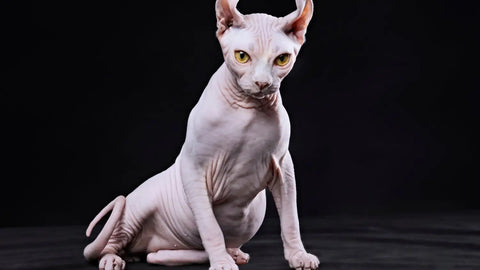
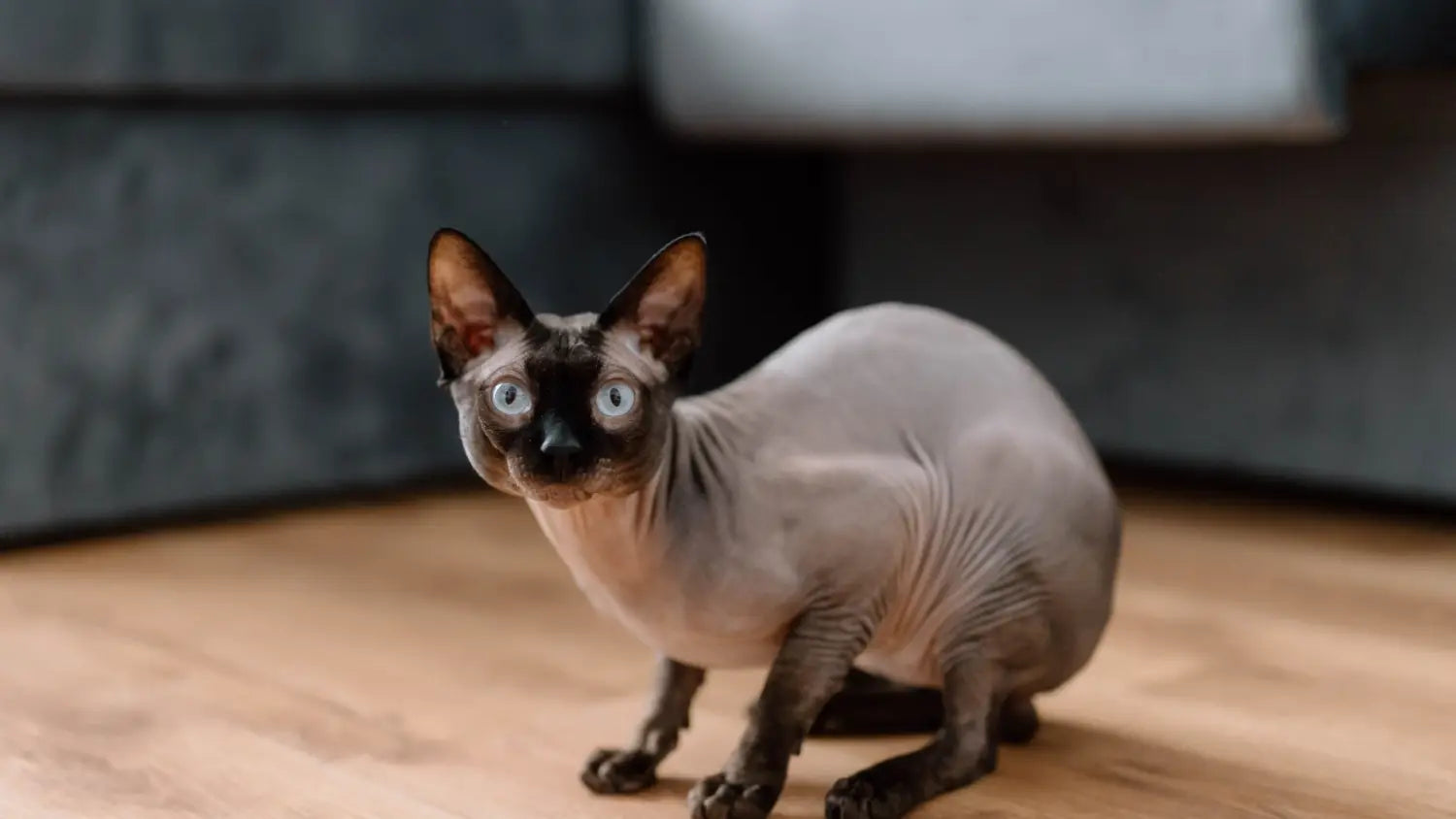
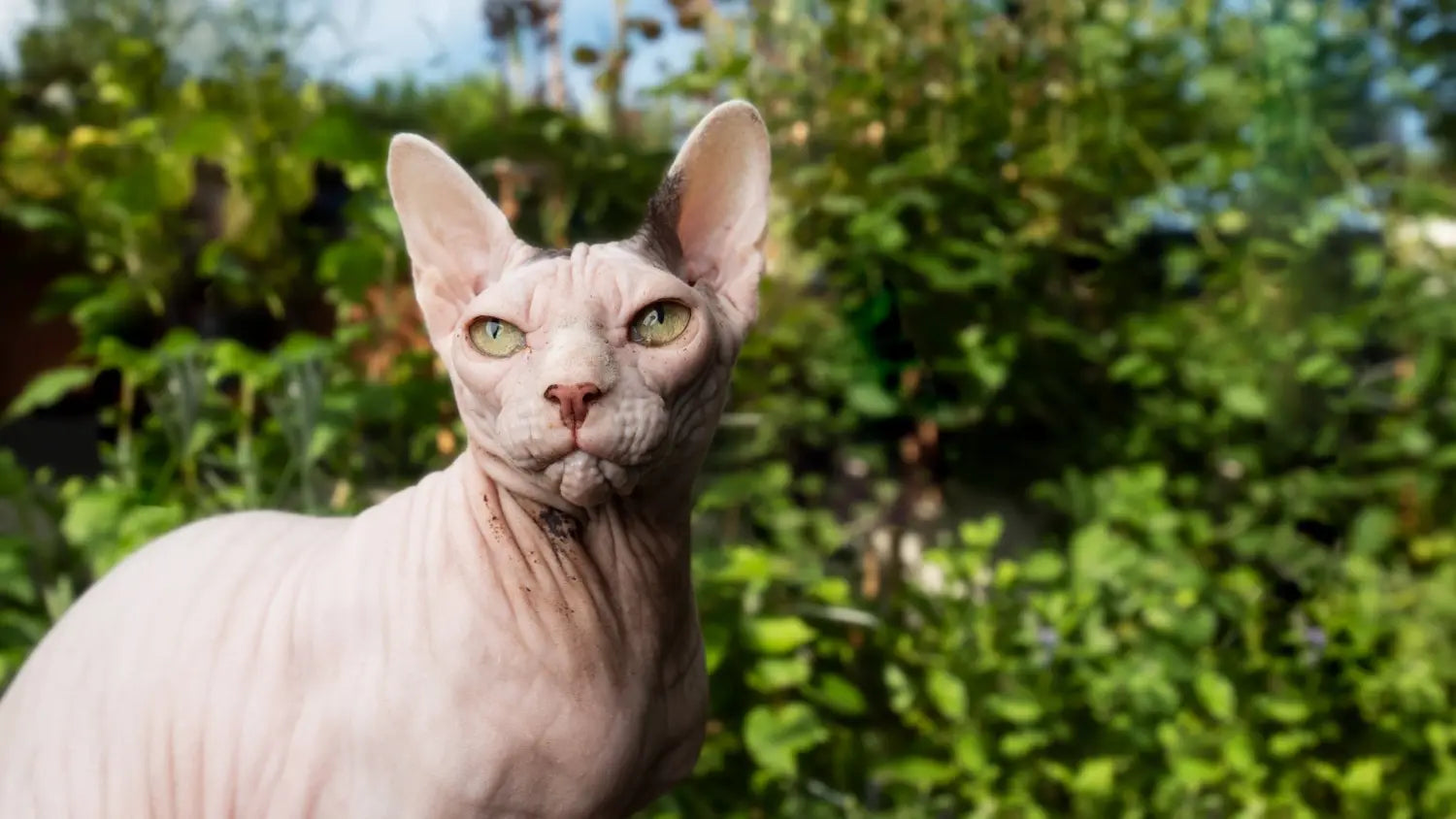






















































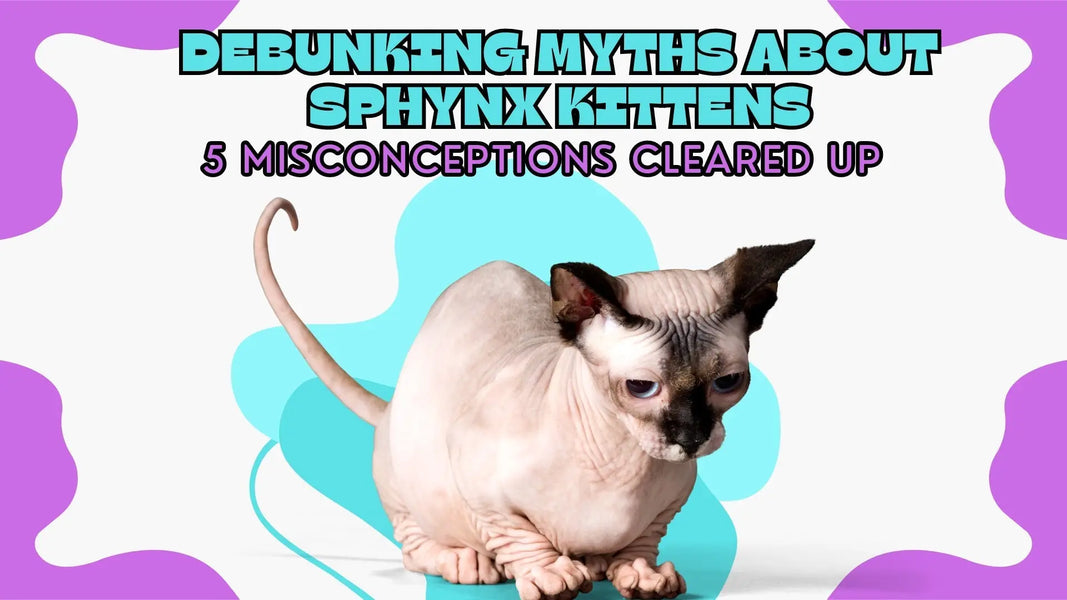





Comments(0)